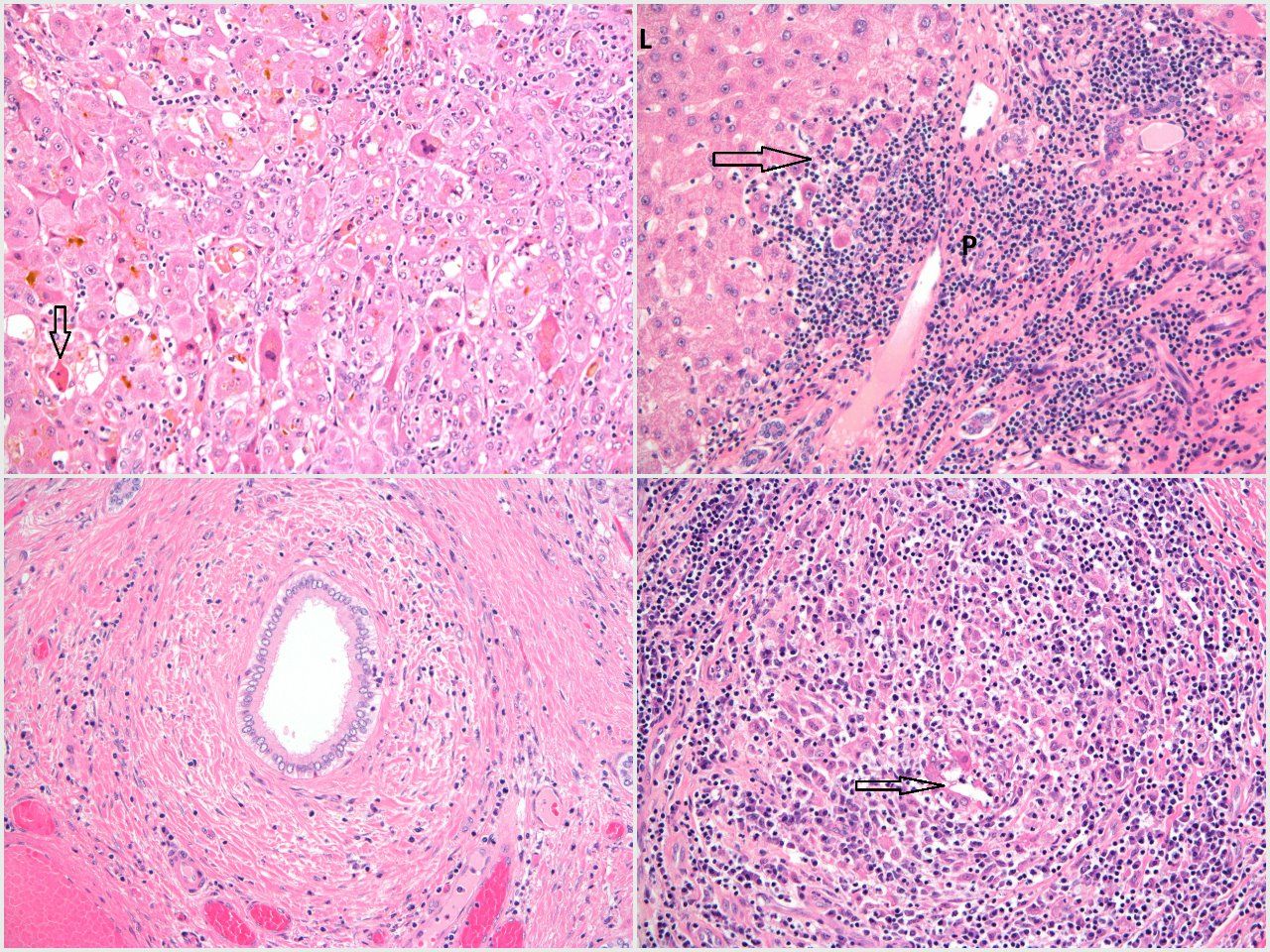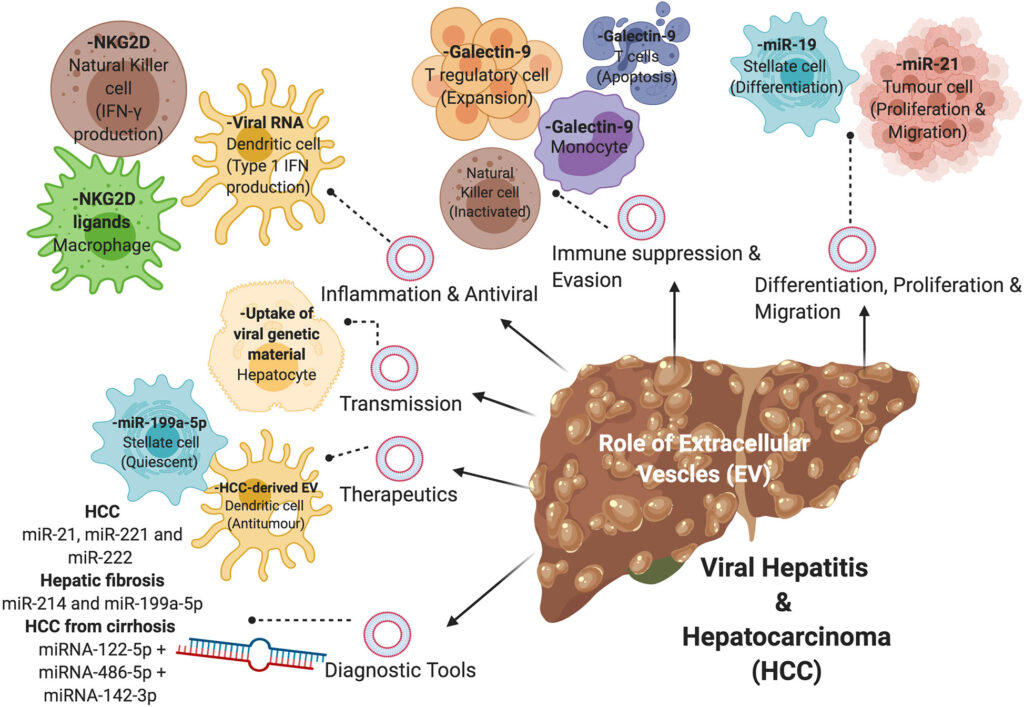Hepatitis A, often abbreviated as HAV, is a highly contagious liver infection caused by the hepatitis A virus. While it may not always cause severe symptoms, understanding this condition is crucial for prevention and early treatment. This article will provide an in-depth look at what Hepatitis A is, how it spreads, its symptoms, diagnosis, treatment options, and preventive measures.

What Is Hepatitis A?
Hepatitis A is a viral infection that primarily affects the liver. It belongs to a group of diseases known as viral hepatitis, which also includes Hepatitis B, Hepatitis C, and others. Unlike some other forms of hepatitis, Hepatitis A does not lead to chronic liver disease. However, it can still cause significant discomfort and disrupt daily life.
The virus responsible for this infection is typically transmitted through the ingestion of contaminated food or water or through close contact with an infected person. Once inside the body, the virus targets the liver, causing inflammation and impairing its ability to function properly.
How Does Hepatitis A Spread?
Understanding how this infection spreads is essential for preventing its transmission. The virus is most commonly spread through the fecal-oral route, which means it enters the body through the mouth after coming into contact with objects, food, or drinks contaminated with fecal matter containing the virus.
- Contaminated Food and Water: Consuming food or water that has been contaminated with the virus is one of the primary ways Hepatitis A spreads. This is more common in regions with poor sanitation and hygiene practices.
- Close Personal Contact: The virus can also spread through close personal contact with an infected individual, such as caring for someone who is sick or engaging in sexual activities.
- Unsanitary Conditions: Poor hand hygiene, especially after using the bathroom or changing diapers, can contribute to the spread of the virus.
Who Is at Risk?
Certain groups of people are at a higher risk of contracting Hepatitis A. These include:
- Travelers visiting countries where Hepatitis A is common
- Individuals living in areas with poor sanitation and limited access to clean water
- Men who have sex with men
- People who use recreational drugs, whether injected or not
- Those working in childcare settings or institutions
Symptoms of Hepatitis A
One of the challenges of Hepatitis A is that not everyone who becomes infected will experience noticeable symptoms. In fact, children under the age of six often show no signs of illness. However, when symptoms do occur, they typically appear two to six weeks after exposure to the virus.
Common Symptoms
The symptoms of Hepatitis A can range from mild to severe and may include:
- Fatigue
- Nausea and vomiting
- Abdominal pain, especially near the liver
- Loss of appetite
- Fever
- Dark urine
- Clay-colored stools
- Jaundice, or yellowing of the skin and eyes
- Joint pain
While these symptoms can be uncomfortable, they usually resolve on their own within a few weeks. However, in rare cases, the infection can lead to acute liver failure, particularly in older adults or individuals with pre-existing liver conditions.
Diagnosing Hepatitis A
If you suspect you have been exposed to the virus or are experiencing symptoms, it is important to seek medical attention promptly. A healthcare provider can diagnose Hepatitis A through a combination of physical exams, medical history reviews, and laboratory tests.
Laboratory Tests
Blood tests are the most common method used to confirm a diagnosis of Hepatitis A. These tests detect specific antibodies produced by the immune system in response to the virus. There are two types of antibodies that may be tested:
- IgM antibodies, which indicate a recent or acute infection
- IgG antibodies, which suggest a past infection and immunity to the virus
In addition to antibody testing, liver function tests may be performed to assess the extent of liver damage or inflammation.
Treatment Options for Hepatitis A
Unfortunately, there is no specific medication or cure for Hepatitis A. Treatment focuses on managing symptoms and supporting the body’s natural healing process. Most people recover fully within a few weeks to months without any long-term complications.
Supportive Care
Here are some steps that can help alleviate symptoms and promote recovery:
- Rest: Getting plenty of rest is essential for allowing the body to fight off the infection.
- Hydration: Drinking plenty of fluids helps prevent dehydration, especially if nausea and vomiting are present.
- Avoiding Alcohol: Alcohol can further damage the liver and should be avoided during the recovery period.
- Healthy Diet: Eating a balanced diet rich in fruits, vegetables, and whole grains supports overall health and aids in recovery.
When to Seek Medical Attention
While most cases of Hepatitis A resolve on their own, certain symptoms warrant immediate medical attention. These include:
- Persistent vomiting
- Severe abdominal pain
- Confusion or difficulty staying awake
- Bleeding or bruising easily
Preventing Hepatitis A
Prevention is key when it comes to Hepatitis A. Fortunately, there are several effective strategies to reduce the risk of infection.
Vaccination
The Hepatitis A vaccine is one of the most effective ways to prevent the infection. It is recommended for:
- All children at age one
- Travelers to countries where Hepatitis A is common
- Individuals with chronic liver disease
- Men who have sex with men
- People who use recreational drugs
The vaccine is administered in two doses, given six to twelve months apart, and provides long-lasting protection.
Practicing Good Hygiene
In addition to vaccination, practicing good hygiene is crucial for preventing the spread of the virus. Some tips include:
- Washing hands thoroughly with soap and water, especially after using the bathroom and before eating
- Avoiding raw or undercooked shellfish, which may be contaminated
- Drinking bottled or boiled water when traveling to areas with poor sanitation
- Avoiding close contact with individuals who are sick
Food Safety Measures
Ensuring food safety is another important aspect of prevention. Here are some guidelines:
- Wash fruits and vegetables thoroughly before consuming them
- Cook food to appropriate temperatures to kill any potential viruses
- Avoid eating food prepared by someone who is visibly ill
Living with Hepatitis A
For most people, Hepatitis A is a short-term illness that resolves without complications. However, during the recovery period, it is important to take care of your health and avoid spreading the virus to others.
Preventing Transmission
To minimize the risk of spreading the virus, individuals with Hepatitis A should:
- Stay home from work or school until they are no longer contagious
- Avoid preparing food for others
- Practice good hand hygiene, especially after using the bathroom
Emotional and Mental Health
Dealing with a Hepatitis A diagnosis can be stressful. It is important to prioritize mental health during the recovery process. Talking to friends, family, or a mental health professional can provide valuable support.
Final Thoughts
Hepatitis A is a preventable and treatable condition, but awareness and education are key to reducing its impact. By understanding how the virus spreads, recognizing its symptoms, and taking proactive steps to prevent infection, individuals can protect themselves and their communities from this liver infection.





